The sweeping tax and spending bill signed by President Donald Trump last week is expected to cost Arizona billions in clean energy investments and tens of thousands of jobs, as it eliminates key incentives that have driven the state’s renewable energy growth.
The $3.4 trillion package delivers on several of the administration’s policy goals, including a major rollback of clean energy initiatives. Among the most significant changes is the elimination of tax credits for solar and wind technology, both for businesses and homeowners.
Before the bill’s passage, Arizona Governor Katie Hobbs warned lawmakers of its impact. In a letter to Congress, she cited Arizona Commerce Authority projections estimating the state could lose $58 billion in investment and 69,000 clean energy jobs.
“That is real capital and construction jobs that are just walking out the door,” said Michael Barrio, Arizona director for Advanced Energy United.
The new law not only ends the solar and wind credits but also cancels incentives for electric vehicles and energy-efficient home upgrades. Trump followed the bill with an executive order instructing federal agencies to reinforce and expand these repeals.
Residents still have until the end of 2025 to claim the 30% federal tax credit for solar panel installations — an average savings of $9,000 per home. Originally, the Inflation Reduction Act had extended those credits through 2036. Now, that timeline has been cut short.
“This bill clearly targets clean energy,” said Sandy Bahr, director of the Grand Canyon Chapter of the Sierra Club. “We’re losing credits for wind and solar, EV purchases, and home energy efficiency — all tools that help families save money and reduce emissions.”
Clean energy companies in Arizona have already felt the fallout. According to Autumn Johnson, executive director of the Arizona Solar Energy Industries Association, the uncertainty surrounding clean energy policies has slowed down the industry.
“We’re seeing a major drop in solar installs,” Johnson said. “The last numbers I saw showed activity at its lowest since the COVID-19 pandemic.”
She added that several solar companies and manufacturers have gone out of business in recent months. A wave of renewable energy projects has been stalled or canceled entirely due to the shifting federal stance.
Recent setbacks include:
-
Nikola, an electric vehicle company, laid off 855 Arizona employees in February.
-
Meyer Burger, a solar panel manufacturer, shut down its Goodyear factory in May.
-
A $1 billion battery plant in Buckeye that would have created over 6,000 jobs was abandoned.
-
A solar array and electric boiler project in Casa Grande, designed to cut carbon emissions by 90%, was canceled after federal funding was pulled.
More cancellations are likely unless new clean energy support emerges. But advocates like Bahr and Johnson aren’t hopeful. Arizona’s Republican-majority legislature has shown little interest in advancing clean energy policy, with many pro-renewable bills blocked or vetoed.
“There’s just not much optimism about the state stepping in,” Bahr said. “The Republican leadership has shown again and again that they’re not interested in supporting clean energy solutions.”
Johnson echoed that concern, adding that many problems — like tariffs and federal tax changes — are out of the state’s hands.
Still, some see room for action.
“Without bold leadership at the state level, Arizona families will pay more and job opportunities will vanish,” Barrio said. “Washington tapped the brakes, but Arizona can still take control of the wheel.”
With Arizona’s population on the rise and new tech like AI driving up power demand, energy bills are already climbing. Arizona Public Service, the state’s largest utility, is seeking a 14% rate hike this year — following an 8% increase last year and another 8% in 2023.
For advocates, restricting clean energy doesn’t make sense. They argue renewable technologies are the fastest to deploy and the most affordable way to meet the coming energy needs.
Nuclear plants, in contrast, take up to 15 years to build. Other emerging technologies are still unproven.
“We have wide open land and constant sunshine,” Johnson said. “We should be using that, like Texas is with its massive wind and solar production. This shouldn’t be political — it’s just smart.”
Bahr agreed.
“This isn’t about partisanship. It’s about using what we have — and in Arizona, that’s the sun.”
This article has been carefully fact-checked by our editorial team to ensure accuracy and eliminate any misleading information. We are committed to maintaining the highest standards of integrity in our content.

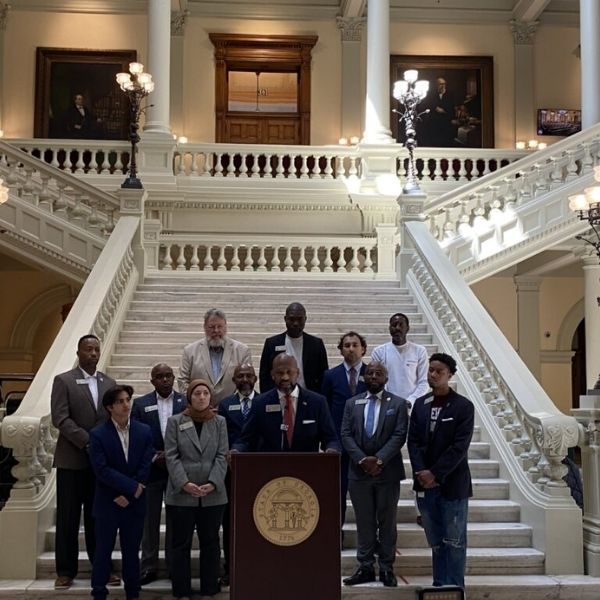

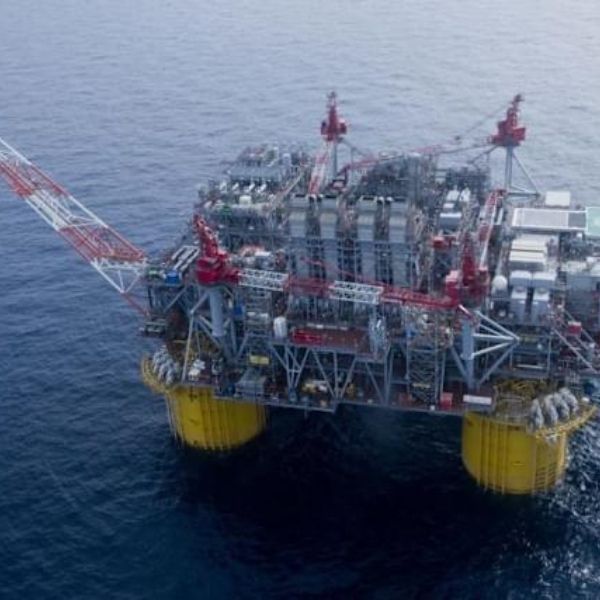


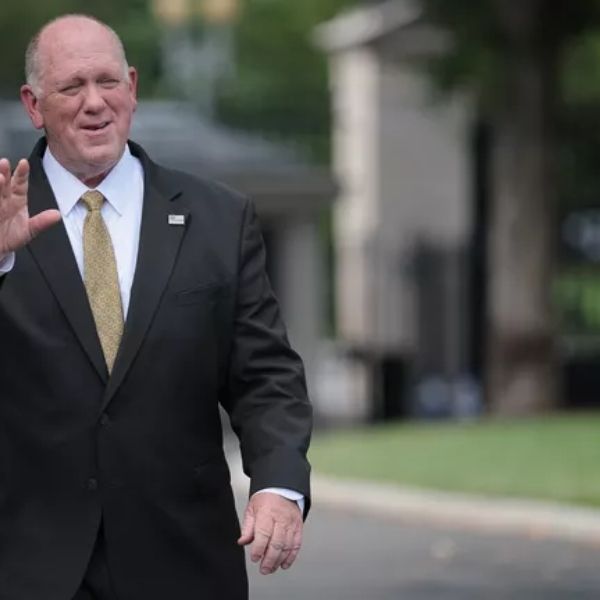
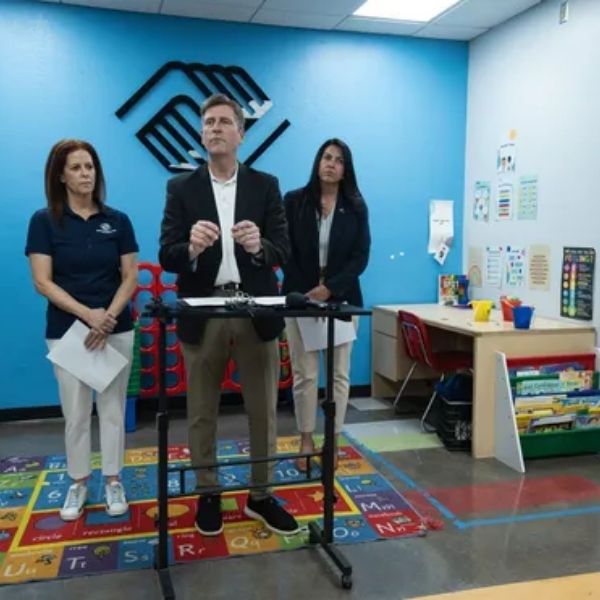


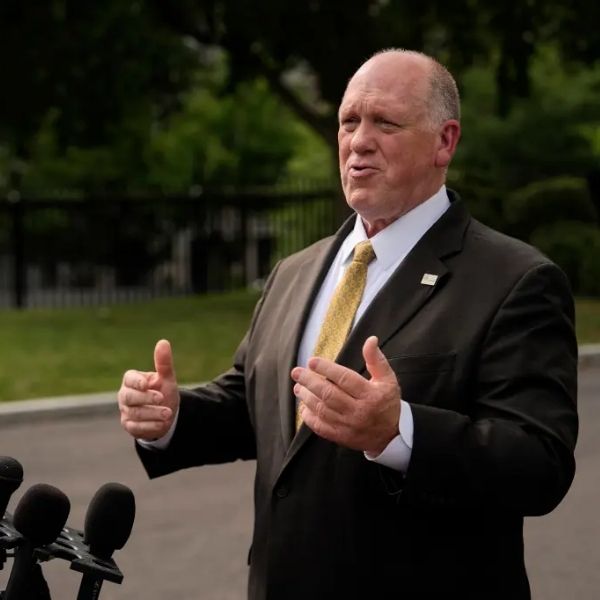
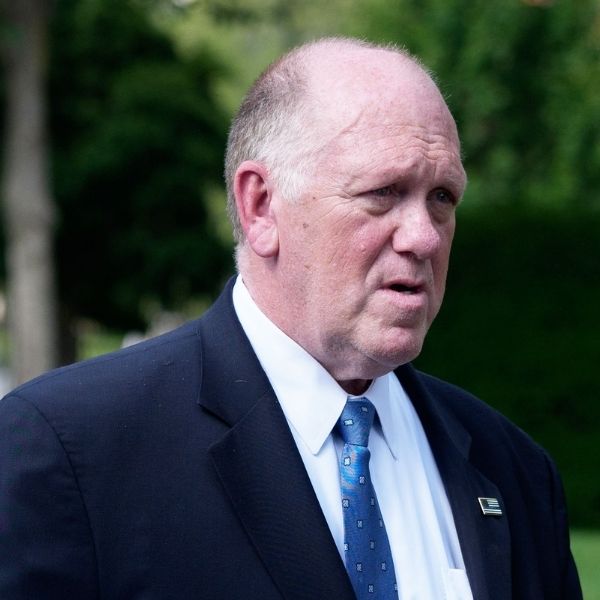




Leave a Reply